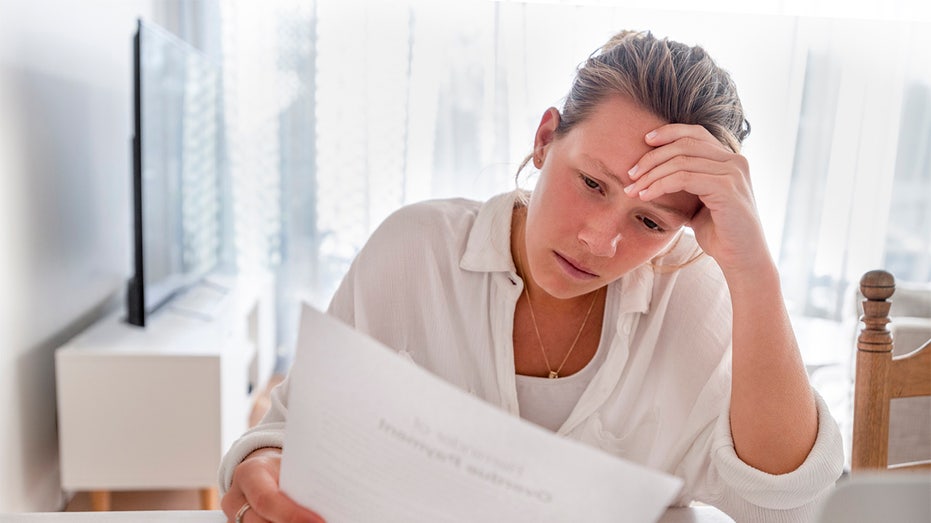
Self-employed workers were most affected in states that were hit harder by the coronavirus pandemic, according to recent data.
On Tuesday, the U.S. Census Bureau published the results of two surveys, its Household Pulse Survey and its Small Business Pulse Survey, which together found that self-employed workers were more likely to “face economic hardships” if they lived in states where 25 percent or more of businesses had to be temporarily closed for at least one day.
In those states, 13.9 percent of self-employed workers had to rely on food banks, religious organizations, community programs, friends, family, or neighbors for free groceries or a free meal, according to the Census Bureau report.
Meanwhile, only 8.7 percent of non-self-employed workers in those states received a free meal, the report said.
In states where only 10 percent of businesses (or less) had to temporarily close for at least a day, self-employed and non-self-employed workers fared the same regarding needing free groceries or a free meal, according to the Census Bureau.
The report also found that self-employed adults with a high school degree or less were more likely to not have enough to eat.

Self-employed workers in states hit hardest by the coronavirus were more economically impacted than self-employed workers in other states, according to the U.S. Census Bureau. (iStock)
According to the report, 10.6 percent of self-employed respondents in the hardest-hit states who had a high school degree or less said they “sometimes” or “often” did not have enough to eat, while only 2.6 percent of self-employed adults who had more than a high school degree said the same.
The Census Bureau also reported that in the hardest-hit states, 25.2 percent of self-employed workers with a high school degree or less received a free meal or free groceries compared to only 6.4 percent of self-employed workers with more than a high school degree.
The report also found that in the states that were hit hardest economically, single adults who were self-employed and self-employed adults between the ages of 25 and 39 were more likely to have food shortages than married self-employed workers and older self-employed workers, respectively.
